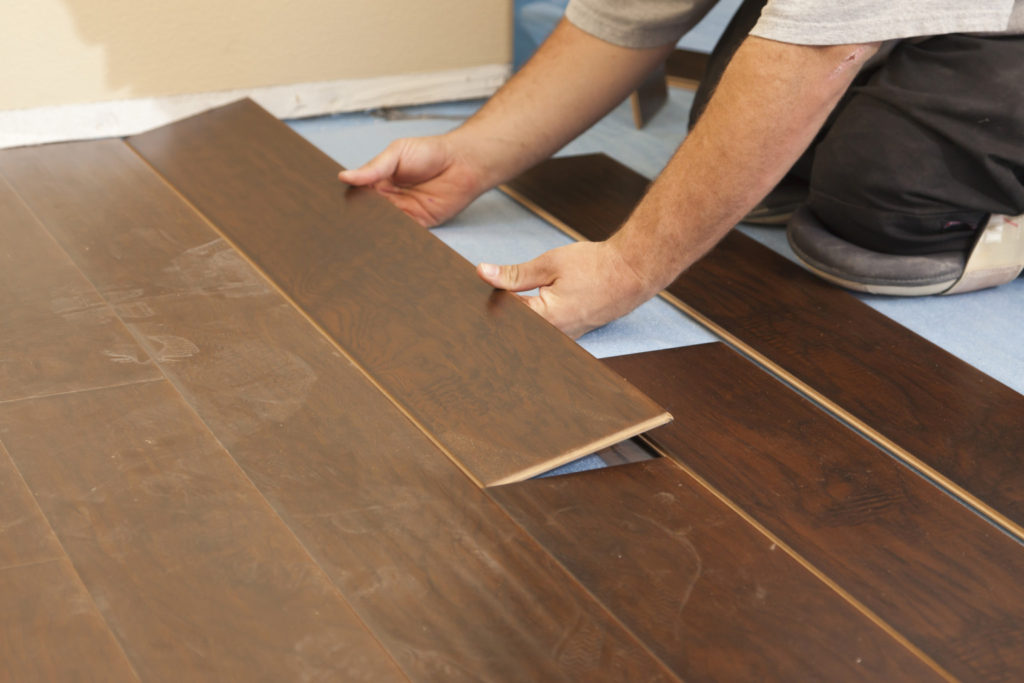When it comes to the durability of Engineered Hardwood floors, the answer depends on your needs. For example, you can choose between a thick wear layer for areas of high activity or a thin one for a room that will be more sheltered from moisture. Either way, it’s essential to research your options carefully. There are some pros and cons to both types of flooring, and you should make an educated decision based on your personal preferences.
The most popular type of Engineered Hardwood is AC 2 rated and is ideal for areas with little to moderate traffic. However, it’s limited to living rooms and floors with light machines. While this type of engineered hardwood is durable and easy to maintain, it’s not suited for areas with heavy traffic. If you’re installing it in a busy living room or an office, you’ll want to select AC 4 rated boards instead. This type is highly durable and can withstand more wear and tear than a lower-quality board.
Engineered Hardwood is usually 16 mm thick, with 3 mm and 4 mm corresponding top layers. The top layer of the engineered wood, known as the lamella, is the visible face layer. The face layer is usually a sawn piece of timber. When it comes to woodcuts, there are three main styles: rift sawn, quarter-sawn, and flat sawn.
Another significant advantage of engineered hardwood is its flexibility. Unlike solid hardwood, it is easier to install than solid hardwood. In addition, the engineered hardwood is more resistant to moisture but is not recommended for damp environments. As a result, it’s not recommended for humid climates. Lastly, it’s more resistant to heat than solid wood, which can warp under heat. Nevertheless, the durability of engineered wood is higher than that of solid wood, and you can install it near a heating system.
Engineered Patina Hardwood is more stable than solid wood. Compared to solid wood, it is dimensionally stable. It can deal with humidity, temperature changes, and moisture better than solid wood. It’s an excellent option for basements and attics. The material is lighter than reliable, so it is easier to move. And it’s easier to install than solid hardwood. And it’s more durable than both solid and engineered wood.
Engineered hardwood has many advantages. Not at all like solid wood, it tends to be introduced in practically any room of your home, like rooms, washrooms, parlours, and kitchens. Its simple establishment and support settle a decent decision for some rooms in your home. If you consider engineered hardwood for your floor, you’ll have to ask a professional to install it. These floors are not for amateurs, and it is a good idea for even the most basic homeowners.




